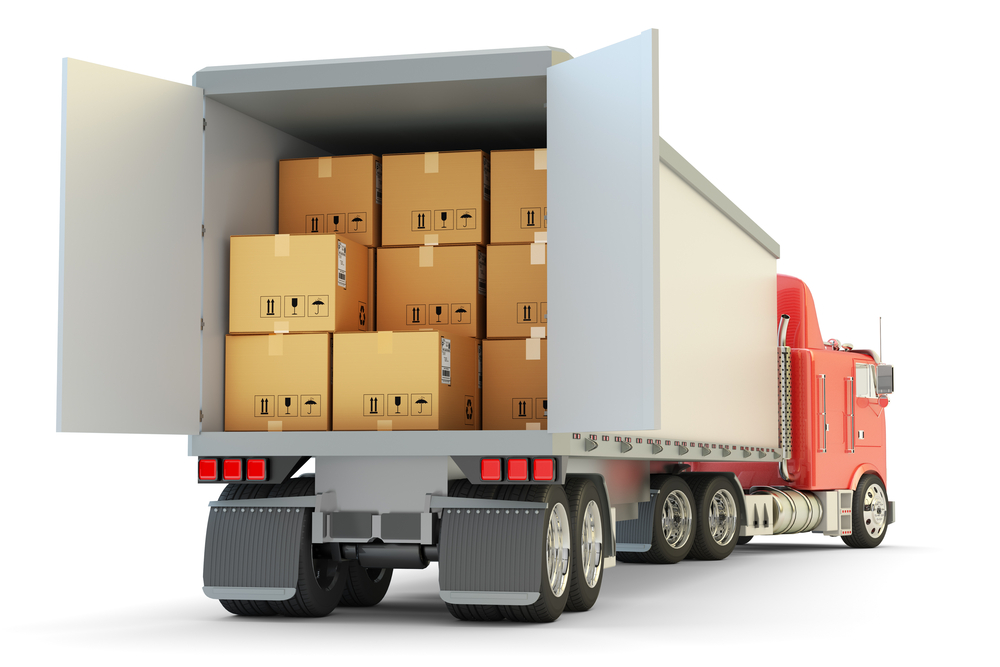The Importance of TMS Implementation (7.1.24)
A transportation management system gives your logistics department 24/7 awareness of domestic and international shipment data
Where in the world are your logistics partners? If a transportation management system (TMS) isn’t one of your business tools, you may have a hard time answering. Uncertainty over who’s doing what, where and when means you can’t provide customers with one of the most important things they want: round-the-clock information on the location of their goods.
With COVID-19 wreaking havoc on logistics chains all over the world, it’s more vital than ever that businesses make the TMS a top priority. In today’s blog, you’ll learn:
-
TMS timescales, do’s and don’ts
-
Principle benefits
-
Why a TMS puts you ahead of a large percentage of the competition
-
How RLG can make our TMS work for your business
TMS timescales, do’s and don’ts
The right time to implement a TMS is always as soon as possible, and the timeframe to do so is much less than in previous years. There’s no universal project completion time because each install depends on the business’ operational size, but implementation averages between 8 and 12 weeks. Logistics chains are dynamic, and a TMS system can take time to adapt beyond the initial install phase.
Implementing a TMS is a people process, first and foremost. It involves understanding everyone’s role across the supply chain, allowing for a better designation of duties between the TMS and human personnel. This takes investment of your business’ most precious asset, time, but the benefits far outweigh the short-term adjustments.
The many benefits of TMS implementation
A TMS will consolidate all your vital transportation data into one place, but the benefits go beyond merely centralizing and comparing information. A TMS can automate lower-level administrative tasks with ease, making it a powerful tool for helping shippers ease their back-office burden and reduce the risk (and monotony) of manual data entry.
A transportation management system can bring up any number of potential logistics partners, so shipping managers can compare rates, specialties and performance history side by side — which is a great aid in better budgeting. The system also allows more quick and accurate matching of freight to carrier, again helping optimize your shipping spend.
Time is always money. The at-your-fingertips ease of a TMS allows instantaneous access to data, a process light-years ahead of chasing information through emails, phone calls or texts. Shippers can now make rapid, real-time decisions, like managing and matching carriers and freight or monitoring which route options are currently available or compromised. Shippers have reported an average of 8% savings post-TMS implementation.
Data has been the great equalizer across the business spectrum, uniting global customers in one demand: The need to stay informed about, and connected to, their purchases.
The TMS is also an essential tool for 24/7 customer relationships. It empowers shippers with the information to answer any logistical question at any time and provide the supply chain visibility consumers are looking for.
It doesn’t matter how big or small your business is; that kind of customer connection combined with the other TMS efficiencies help any business grow.
How a TMS puts you ahead of the competition
The logistics industry has caught on fast to TMS benefits and the market has surged across the entire supply chain according to Logistics Management’s in-depth report. Despite this widespread adoption, as many as 25% of shippers are still stuck in the pen and paper era. Manual shipping management leaves those companies in the dust while their data-driven competitors dominate the highways.
It’s a poor choice if that 25% are holding back due to the time, expertise and cost necessary to properly implement a TMS. The initial outlay will provide ongoing ROI across your whole logistics framework, while taking no action becomes a permanent financial loss.
Leave the loss to other suppliers by teaming up with Resource Logistics Group and leveraging our existing TMS technology to optimize your operations.
How RLS empowers your logistics around the globe
The demand for data is here to stay and the impact COVID-19 on supply chains is ongoing. Being able to track where your shipping partners currently are, and where they’ve been, can help your business, employees and customers stay safe in these dangerous times.
If your business isn’t currently using this technology, the RLG TMS platform is your answer. We’re here to assists shippers with managing their goods throughout the supply chain on a global basis, while our logistics and analytics services can help turn your transport information into actionable data to better reveal and assess current logistical costs.
We appreciate that every TMS implementation requires understanding how each customer operates. One size never fits all. Our team can assess your current operations to provide a state-of-the-art TMS service that will suit your current needs and scale as you grow.
We’ll invest the time it takes to get to know your systems and your people before implementing the right plan as quickly as possible. Contact RLG today to learn more about keeping you and your customers connected to real-time shipping management.
Resource Logistics Group provides transportation and logistics advice combined with professional services and state-of-the-art technology. From contract negotiations to easing back office burdens, we’re your ally in excellence. Connect with us on our contact page for a free benchmarking analysis.



